Horrific Christian slaughter the world missed
The slaughter of more than 120 Christians has raised fears Islamic State has moved to take advantage of one nation’s civil war.
The slaughter of more than 120 Christians in strife-stricken Congo has raised fears Islamic State has moved to take advantage of the African nation’s renewed civil war.
Islamic State affiliate The Allied Democratic Forces (ADF) reportedly killed some 40 people in a machete attack on a village in the Democratic Republic of Congo (DRC) last week and a further 80 in surrounding areas.
“Among the victims, many are Christians killed in ‘odium fidei,’” in hatred of the faith, Pope Francis said during a Vatican St Peter’s Square address at the weekend.
“They are martyrs. Their sacrifice is a seed that germinates and bears fruit, and teaches us to bear witness to the Gospel with courage and consistency.”
The Islamic State attack comes amid reports the extremist jihadist network is ramping up its activities in the continent.
“The reported presence of multiple high-level leaders in Somalia and across Africa reflects Africa’s increasingly focal role in the IS global network,” reads an Institute for the Study of War (ISW) report issued Thursday.
“This includes the involvement of African-based affiliates and leaders in IS global operations, including funding external attacks and recruiting foreign fighters.”
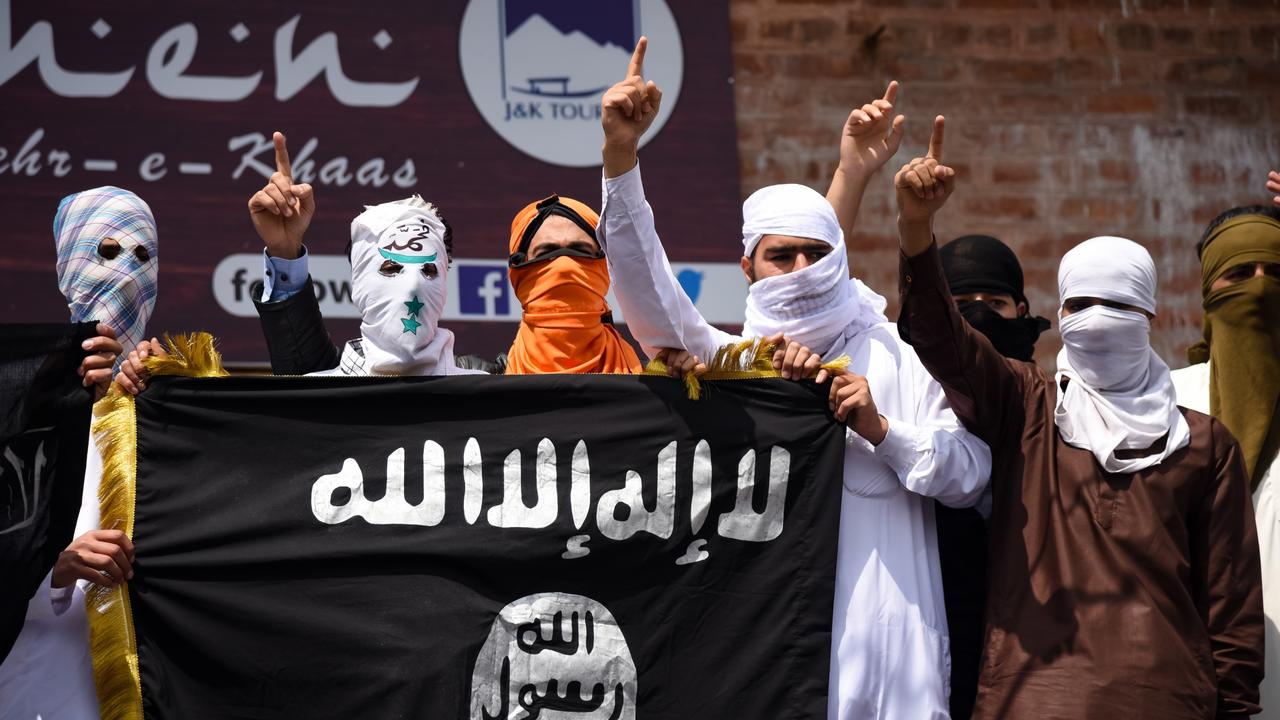
Islamic State resurrection
Analysts believe Islamic State ADF is moving out of its heartland territory in neighbouring Uganda to secure a foothold in the mineral-rich districts of eastern Congo.
The region is already torn with civil strife.
Ethnic Hutu and Tusi groups within the predominantly Christian Congo (split between Roman Catholic, Protestant and Evangelical denominations) have been in a state of almost permanent conflict since the neighbouring 1994 Rwandan Genocide.
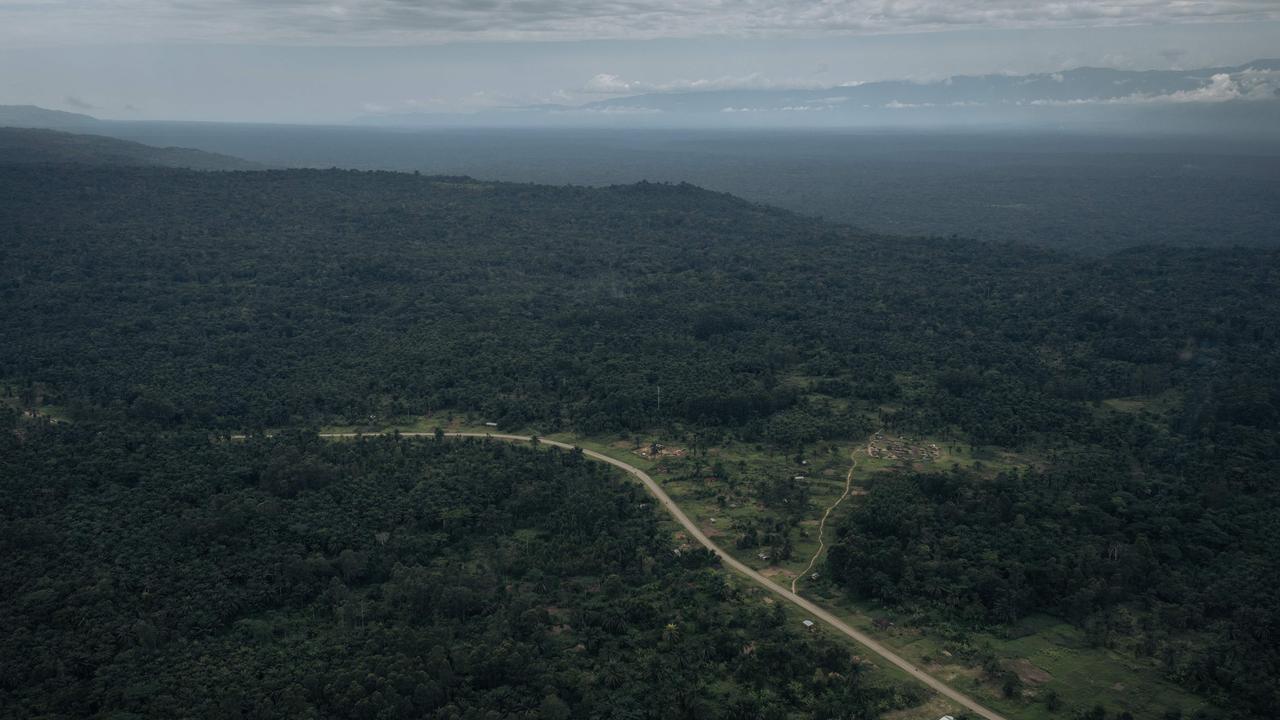
Hutu extremists murdered an estimated one million minority Tutsis during the ethnic crisis.
Two million, mostly moderate Hutu refugees, crossed into Congo. They settled in the North and South Kivu provinces during the resulting war. Since then, rival Hutu and Tutsi militias have regularly clashed over territorial rights and political influence.
Now, the increasing presence of Islamic State may result in a three-way battle for control.
“The conflict’s most threatening possibility is the further regionalisation and expansion of fighting in eastern Congo,” a Council on Foreign Relations (CFR) report states.
“While the situation is already lethal, full-scale wars in the Great Lakes region can be much worse; the Second Congo War is widely considered the deadliest in human history since World War II.”
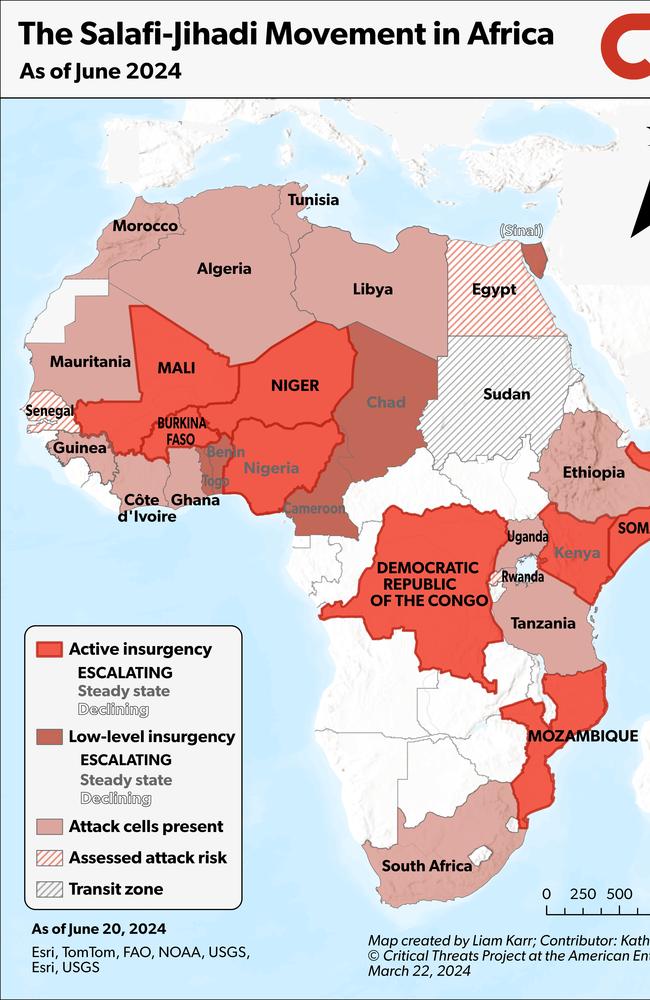
Congo at a crossroad
An attempted coup to overthrow controversial Congo President Félix Tshiseked on May 19 resulted in the death of its leader and the arrest of more than 50 insurrectionists – including three US citizens and a Belgian.
Christian Malanga Musumari, the leader of the foiled coup attempt, was a businessman, politician and former captain in the Congo army. He was also a naturalised citizen of the United States.
Malanga, along with two Presidential Palace security guards, was killed in the three-hour-long attack.
“We, the militants, are tired,” he told a Facebook livestream from the Palace during the coup attempt.
“We cannot drag on with Tshisekedi and Kamerhe. They have done too many stupid things in this country.”
Analysts suspect the coup failed after promised support from within Tshiseked’s administration failed to eventuate.
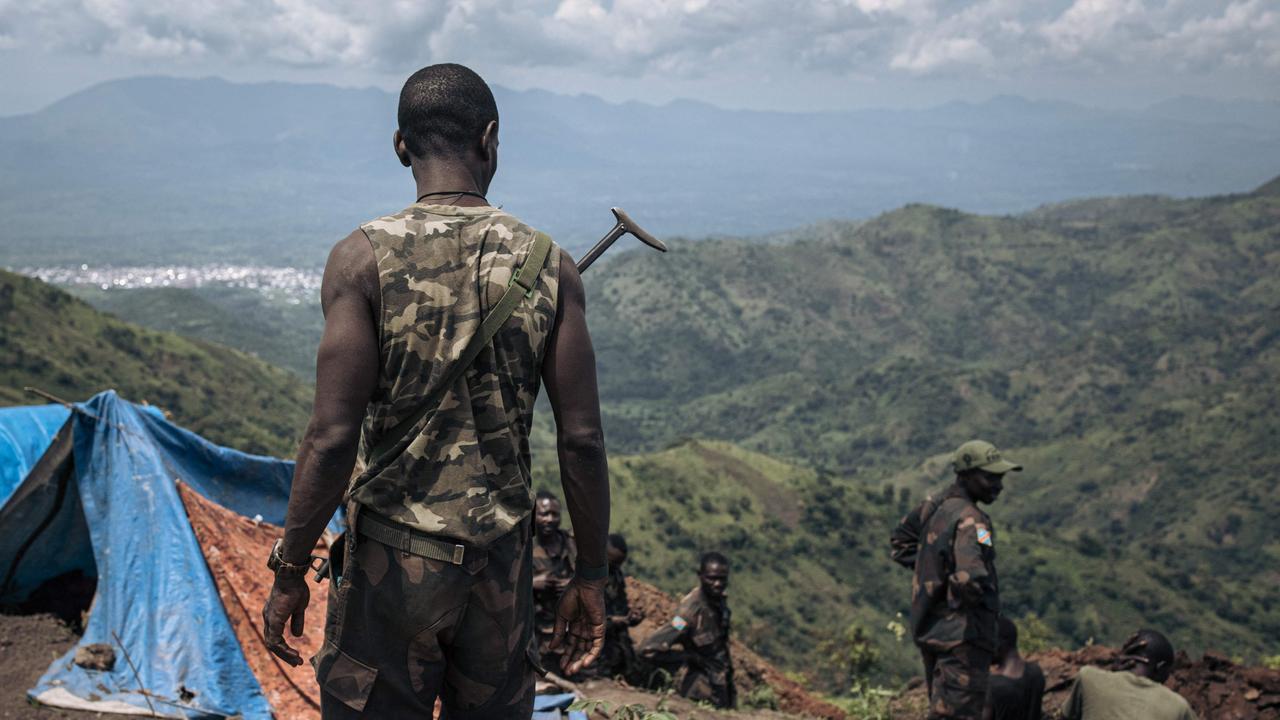
“Instead of attacking strategic sites like the two airports in Kinshasa, the military camps and the RTNC (national broadcaster), the Malanga commando operation headed towards targets without stakes to overthrow the power,” Catholic University of the Congo professor Albert Malukisa Nkuku told local media.
Congo authorities say one of the three US citizens arrested was Malanga’s 21-year-old son, and another was a “cannabis entrepreneur” and family business associate.
President Tshisekedi was re-elected in December in a poll mired in controversy.
As the May uprising unfolded, the Congolese army was distracted by heavy fighting with a Tutsi rebel group named M23 (March 23 – Congolese Revolutionary Army). It is engaging in a campaign to seize the town of Goma, the centre of a mineral-rich region in North Kivu.
Tens of thousands of civilians have been forced to flee the area in recent months. And President Tshiseked recently expelled United Nations and East African peacekeepers from the district, accusing them of being “useless”.
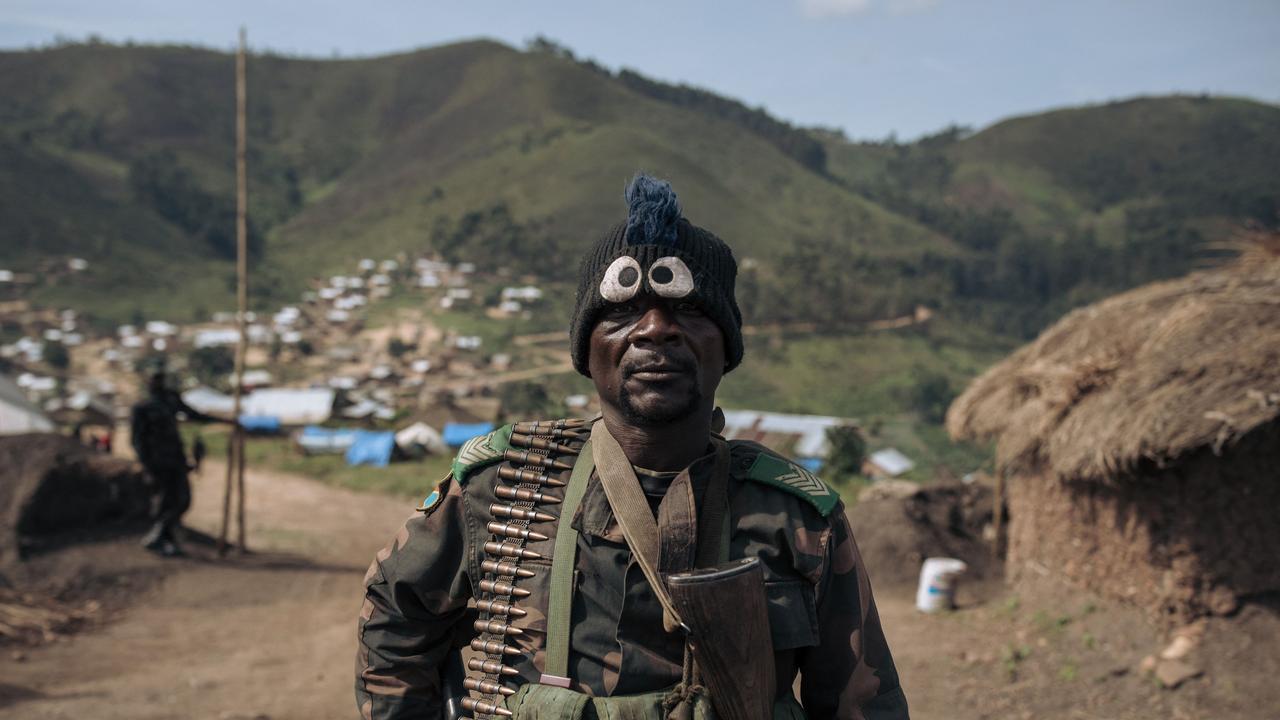
A tribal, religious or resource-war?
Crisis-torn Congo is particularly rich in mineral resources. This includes cobalt and coltan, both crucial for producing modern electronics, including mobile phones.
Much of this wealth is in eastern Congo, especially the Kivu provinces.
“More than seven million people have been internally displaced due to the constant threat of violence and atrocities, as well as extreme poverty and mining expansion, especially in the North Kivu, Ituri, and South Kivu provinces,” reports CFR. “Since the beginning of 2024, nearly 358,000 people have been displaced in DRC, 80 per cent of which has been caused by armed conflict.”
It states more than 100 militia groups are active in the region, with clashes intensifying dramatically since February this year.
It coincides with renewed international interest in its cobalt, copper and uranium resources.
Most of Congo’s cobalt mines were owned by US companies. But most have been sold to Chinese state-controlled corporations over the past two decades.
“Chinese companies connected to Beijing now control the majority of foreign-owned cobalt, uranium, and copper mines in DRC,” states CFR, “and the Congolese army has been repeatedly deployed to mining sites in eastern DRC to protect Chinese assets.”
Former Congo president Joseph Kabila resigned in 2019 after evidence emerged he had been funnelling Chinese funds towards personal affiliates instead of national infrastructure-building projects. And the 2023 deaths of several Chinese nationals during a militant raid on a mining company convoy resulted in pressure to send Congolese forces into the eastern provinces.
More Coverage
It’s a scenario ripe for renewed open conflict.
Since 1996, some six million people are believed to have been killed in fighting in the eastern Congo.
Jamie Seidel is a freelance writer | @JamieSeidel






